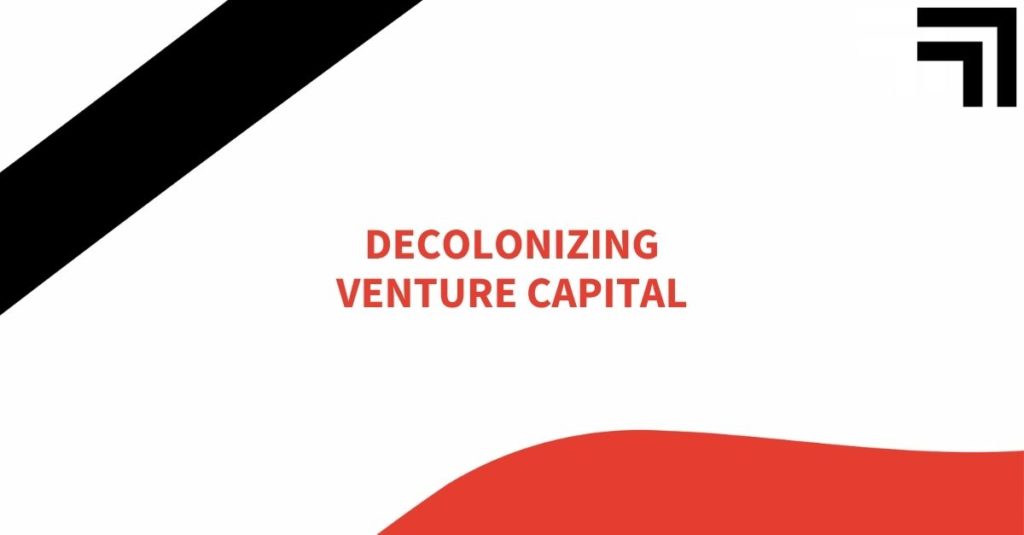Raven Indigenous Capital Partners’ Indigenous Impact Fund brings a uniquely cultural perspective to Canadian impact investing venture funding for Indigenous businesses
For many people, supporting Indigenous businesses has been a key expression of allyship in a year filled with a continual stream of devastating news reports.
For Paul Lacerte and Stephen Nairne of Raven Indigenous Capital Partners, supporting Canadian Indigenous businesses has been the focus of their work for the past several years. They’ve created a unique impact investment fund that brings a revolutionary combination of equity, impact objectives and culturally sensitive practices to innovative Indigenous businesses.
“We’re the first to do this in the world,” says Nairne, Chief Investment Officer of the $25 million fund. “We’re building the bridge as we cross it and we’re humbly on a learning journey to reconcile a decolonized approach with venture capital.”
For Lacerte, one of the firm’s two Managing Partners, the work is both personal and professional. “I’m a Status Indian, born and raised in my own traditional territory. I am an inter-generational survivor of the Residential School System and I attended a church-run day school,” he says. “I have spent the majority of my career working toward the well-being of Indigenous people.”
What makes Raven different from most venture capital firms is its culturally informed way of doing business. “We’re deploying capital with a high level of discipline and we’re doing business in a distinctly Indigenous and cultural way,” Lacerte says.
Designing a new impact framework
In setting up its impact fund, Raven went through an extensive process to research and design an impact measurement framework that aligns with the UN sustainable development goals and the UN’s declaration on the rights of Indigenous People.
Its resulting framework uses Indigenous-centred indicators and metrics that “help investors to articulate their impact in a way that shifts the centre of gravity,” Lacerte says. “Profit maximization is not part of doing business in Indigenous culture,” he adds. “Most businesses are driven by giving back to the community, lifting up youth and many other motivations. There’s a sense of duty to ancestors and to water and land.”
The fund has also been a big draw for investors who are “starting to recognize the richness and value embedded in Indigenous ways of knowing and being,” Lacerte says. “They’re realizing that this could be a pathway and solution space for all of us.”
“A lot of Canadians want to vote for reconciliation with their dollars, but it’s a sensitive and complicated place,” Nairne adds. “People are afraid to show up and make a mistake, and this is part of the reason we set up the fund. It’s helpful to co-invest with an Indigenous partner – it’s a safer model. And underpinning all this work is a deep belief and conviction that in Canada we’re at an important historic moment around advancing reconciliation.”
Selecting innovative companies for investment
Since its inception, the fund has been a vital source of seed and early stage equity for companies operating in the capital-intensive tech sector. “Having access to debt only is sufficient for certain kinds of businesses,” Nairne says. “But to drive technology companies forward, having access to patient capital and a partner that can help in capacity building is crucial.”
In selecting companies for investment, Raven uses both quantitative and qualitative screening. “We conduct an Indigenous impact screen as well as more traditional due diligence criteria such as legal foundations, operations, projected IRRs and exits,” Nairne says. “Our heavy screen on the front end ensures we’re accountable to Indigenous People with the way we are deploying this money. We’re looking for opportunities where there aren’t explicit tradeoffs between purpose and profit.”
Some of the companies Raven funds include:
- Animikii Indigenous Technology, a digital services company based in Victoria, BC, that has grown three-fold since Raven’s investment. “Originally it focused on digital media and custom software, but has since made two acquisitions and developed an innovative data sovereignty application that gives Indigenous people greater control over their own data.
- Virtual Gurus, a two-sided talent marketplace for virtual assistants based in Calgary founded by a former oil sands worker who created her own job after experiencing a layoff. “It’s led by a two-spirit LGBTQ woman and has an amazing story,” Nairne says. This company is all about diversity and inclusion, and since Raven’s investment, its revenue has increased six-fold.
- Cheekbone Beauty, a Canadian cosmetics company based in Ontario that was featured on Dragon’s Den two years ago. Its founder, Jenn Harper, has won awards for her work in sustainability and the circular economy. “She’s taken on the whole industry around sustainability in terms of formulations and packaging,” Nairne says. With the help of Raven’s investment, the company has gone from side-hustle to a seven-figure powerhouse.
Since its inception over two years ago, the Indigenous Impact Fund has invested in seven Indigenous businesses so far, with another five to seven investments planned over the coming year. Raven plans to raise an even larger follow-on fund next year.
And in the meantime, it regularly celebrates the progress being made. “We do our quarterly investor reports and we hold impact feasts twice a year and talk about the impact our portfolio companies have achieved,” Lacerte says. “A lot of investors have enjoyed understanding this journey better, and we want them to meet our entrepreneurs, our elders and advisors. Raven’s trying to project Indigenous integrity in a respectful way that is inclusive. Our view is that we’re walking together, we’re respectful and we’re welcoming. We’re on this learning journey together.”
Raven Capital is part of the Genus Impact Investment Counsel and currently, Raven Capital is closed to new investors, but will re-commence raising capital in Spring 2022. Contact a Genus Portfolio Manager to find out how to build your own impact portfolio.











